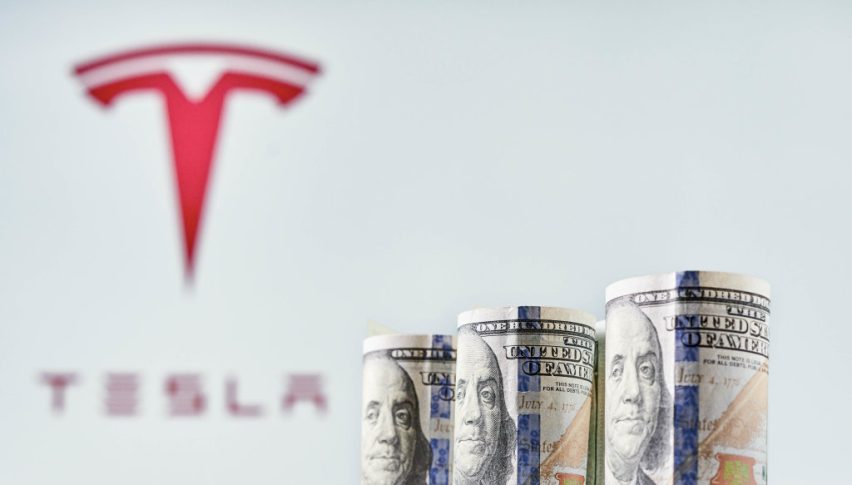FED Powell’s Worst-Case Scenario: Freight Slows, Stock Markets Fall or Resolution?
Federal Reserve Chair Jerome Powell has sounded the alarm on a potential trade standstill reminiscent of the pandemic era — a scenario...
Quick overview
- Federal Reserve Chair Jerome Powell warns of a potential trade standstill similar to the pandemic, which could lead to economic disruption and bankruptcies.
- The U.S. trucking sector is showing signs of trouble with declining imports and exports, indicating a challenging season ahead.
- Logistics company Flexport reports that U.S. brands are selling to Chinese manufacturers due to financial stress from tariffs, raising concerns about the future of small businesses.
- A significant drop in apparel shipment bookings highlights the vulnerability of the clothing sector, with brands fearing unexpected tariff duties that could threaten their survival.
Federal Reserve Chair Jerome Powell has sounded the alarm on a potential trade standstill reminiscent of the pandemic era — a scenario that could trigger widespread economic disruption, supply shortages, and a wave of bankruptcies.
Powell’s Warning: A Worst-Case Replay of Pandemic-Era Trade Stoppage
On Wednesday we had the Federal Reserve Chair Jerome Powell commenting, who raised the specter of a worst-case economic scenario: a Covid-style standstill in global trade. That period, marked by severe supply shortages and inflationary surges, offered a grim preview of how damaging a breakdown in trade flows can be.
Without the extraordinary monetary and fiscal lifelines deployed in 2020, the economy could have been deeply scarred — and there’s no guarantee such support would be repeated today.
Freight Industry on Alert: Calm Before the Storm
According to data from FreightWaves, the U.S. trucking sector remains relatively calm for now, but the warning signs are gathering. The steep decline in both imports and exports suggests freight operators could be heading into a difficult and unprofitable season. The analogy from industry insiders: “The hurricane is still offshore, but the winds are picking up.”
U.S. Brands Selling Out
Logistics company Flexport reports that two American clients recently sold their businesses to their Chinese manufacturers — a direct result of tariff-driven financial stress. This signals an alarming shift where U.S. enterprises, unable to absorb the costs, are capitulating to competitors abroad.
Flexport has further warned that unless there’s a swift reversal in tariff policy, the U.S. could see hundreds — potentially millions — of small businesses, including well-known American brands, face bankruptcy in the months ahead.
Import Data Confirms the Slowdown but Might Pick Up Later
Forward freight bookings, a leading indicator of trade volume, have dropped sharply. Industry analytics firm Vizion reports a notable decline in ocean bookings for U.S. imports in the week following the newly declared ‘Liberation Day’ — marking the beginning of a steep downtrend.
Given that shipments from China to the U.S. West Coast take 3–4 weeks, with East Coast deliveries requiring two additional weeks via the Panama Canal, the impact of this decline will likely show up in port activity starting in May.
Apparel Sector: High Volume, Low Margin Businesses Most Exposed
Kyle Henderson, CEO and co-founder of Vizion, highlighted a substantial drop in apparel shipment bookings — an especially troubling trend for the high-volume, low-margin clothing sector, which relies heavily on Asian production. He said that many apparel brands are pausing or canceling shipments altogether due to tariff uncertainty.
“There’s a real fear,” he explained, “that if these shipments arrive under current tariff rules, brands could suddenly owe massive, unexpected duties — and may not survive the hit.”
- Check out our free forex signals
- Follow the top economic events on FX Leaders economic calendar
- Trade better, discover more Forex Trading Strategies
- Open a FREE Trading Account



